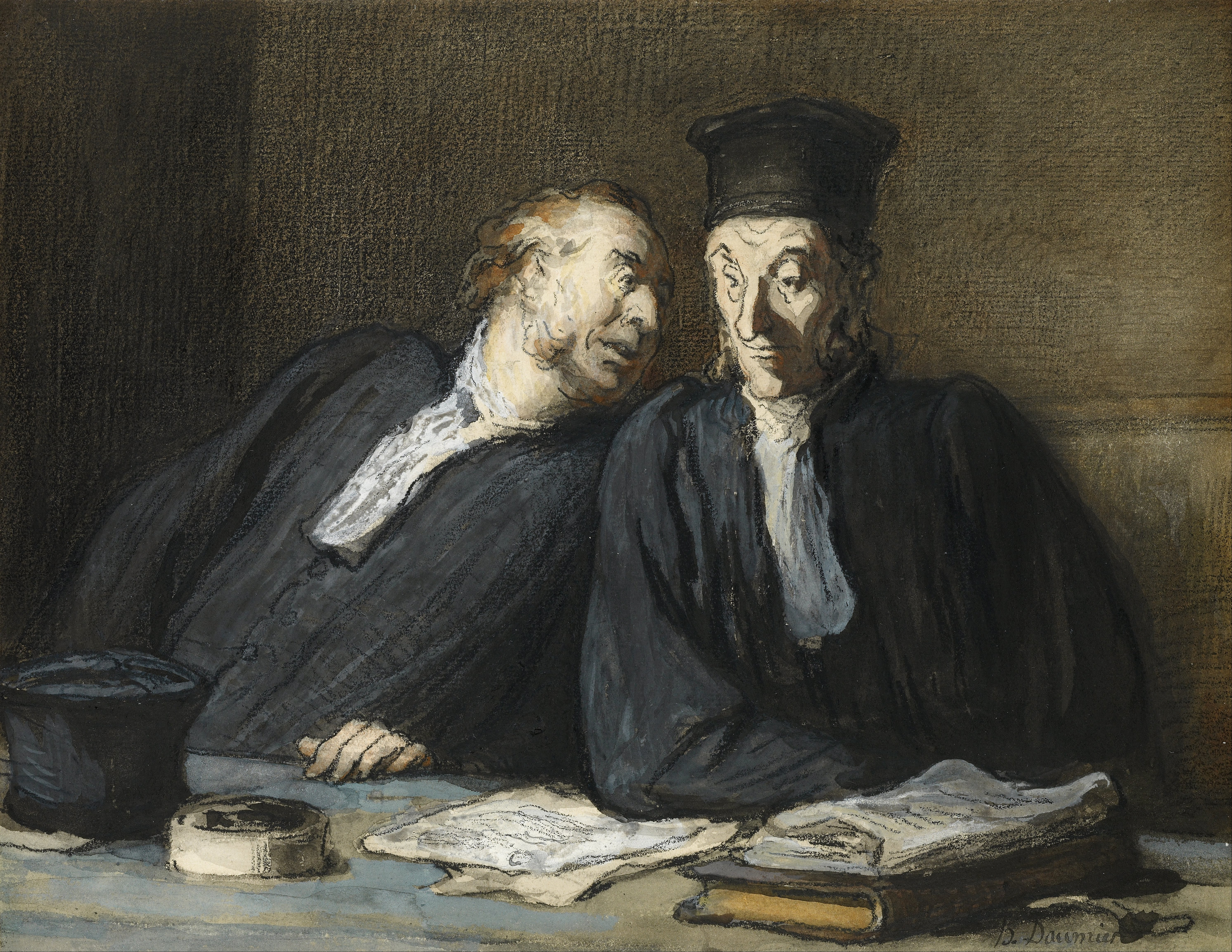
When thinking about writing a book, there are many things to consider. As Zadie Smith said, “In the transition from the dream to the real it has set its aura of perfection.” Does my writing capture my voice? Is the plot of my story compelling? Are the characters interacting the way I want them to? Is my narrative fulfilled by the world I’ve built? These are all valid concerns that challenge the writer. However, have you ever considered if the character you’ve portrayed as a sadistic, pathological liar would have a real-life equivalent that can take you to court? And win big? Would the soft drink brand your protagonist loves drinking also take you to court?
LEGAL VETTING
As briefly mentioned in the “Editorial” section in the “Departments” tab of this year’s publishing website, the editor not only serves to fulfil the publishing needs of the author, but they’re also responsible for protecting the author from any legal issues that may arise in their writing.
Although it’s safe to assume that this issue exclusively comes up in nonfiction writing like memoir, personal essays, or investigative journalism (since the subjects are most likely of real-life individuals and institutions/companies), legal issues can appear in any genre, even in poetry and in works for young adults and children.
Typically, before the manuscript is handed to the publishing house and the editor, the author should have diligently made sure they have permissions. Permission includes direct quotations from individuals, lyrics from songs, excerpts from poems or other texts, and artwork or photographs. All writers should assume that not everything is under fair use, creative commons licences, or is in the public domain.
Once the manuscript is being discussed with the editor and the author, typically after or during developmental and line edits, the editor must decide if the manuscript needs legal vetting. Not all manuscripts require legal vetting, but some do. The editor thinks about potentially legal issues that could arise, such as if the antagonist is being libeled, if a protected secret is exposed, or if falsehoods are brought up against a real-life institution. If the manuscript requires legal vetting, an in-house lawyer will review the manuscript. (If a publishing house doesn’t have a lawyer, it is sent to higher-ups for review before being sent to an outside lawyer; legal vetting is expensive.)
Some issues a vetting lawyer can look for are potentially libelous claims, claims that harm an individual’s or company’s reputation. They can discern if current, real-life individuals or companies in the manuscript—explicitly named or not—could be potential plaintiffs for a libel or defamation case. (NOTE: opinions are not considered defamation since they are not fact, and everyone is entitled to their own opinion).
Vetting lawyers also flag anything that may challenge an individual’s right to privacy. As described earlier, vetting lawyers are also involved in assessing legal issues that arise in permissions, copyright infringement, and intellectual property. Vetting lawyers may suggest certain changes to reduce claims of legal issues, such as rewording, adding disclaimer language, an Author’s Note, or, if the author agrees, omission. In flagging these issues earlier in the editorial process (and before publication), the likelihood of authors and publishing houses encountering lawsuits would be mitigated.
by Aleander Santos
